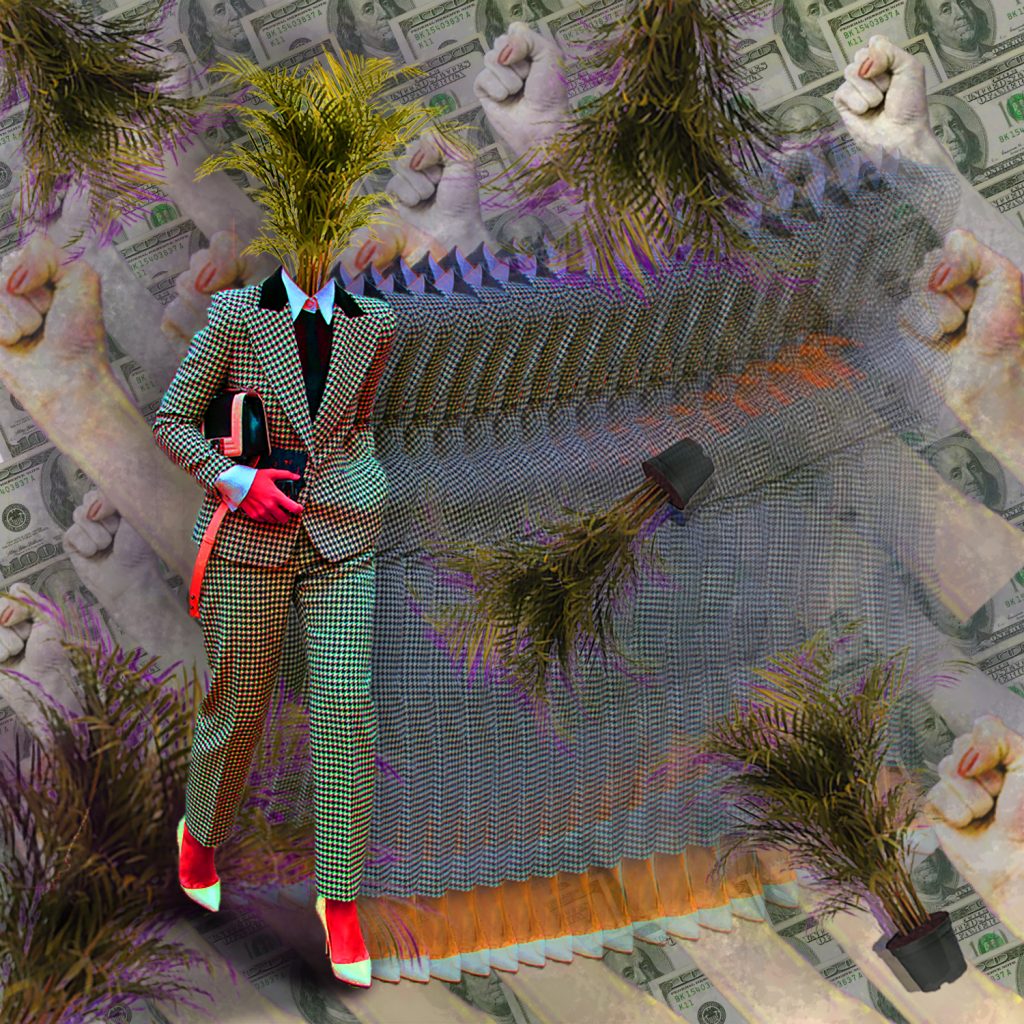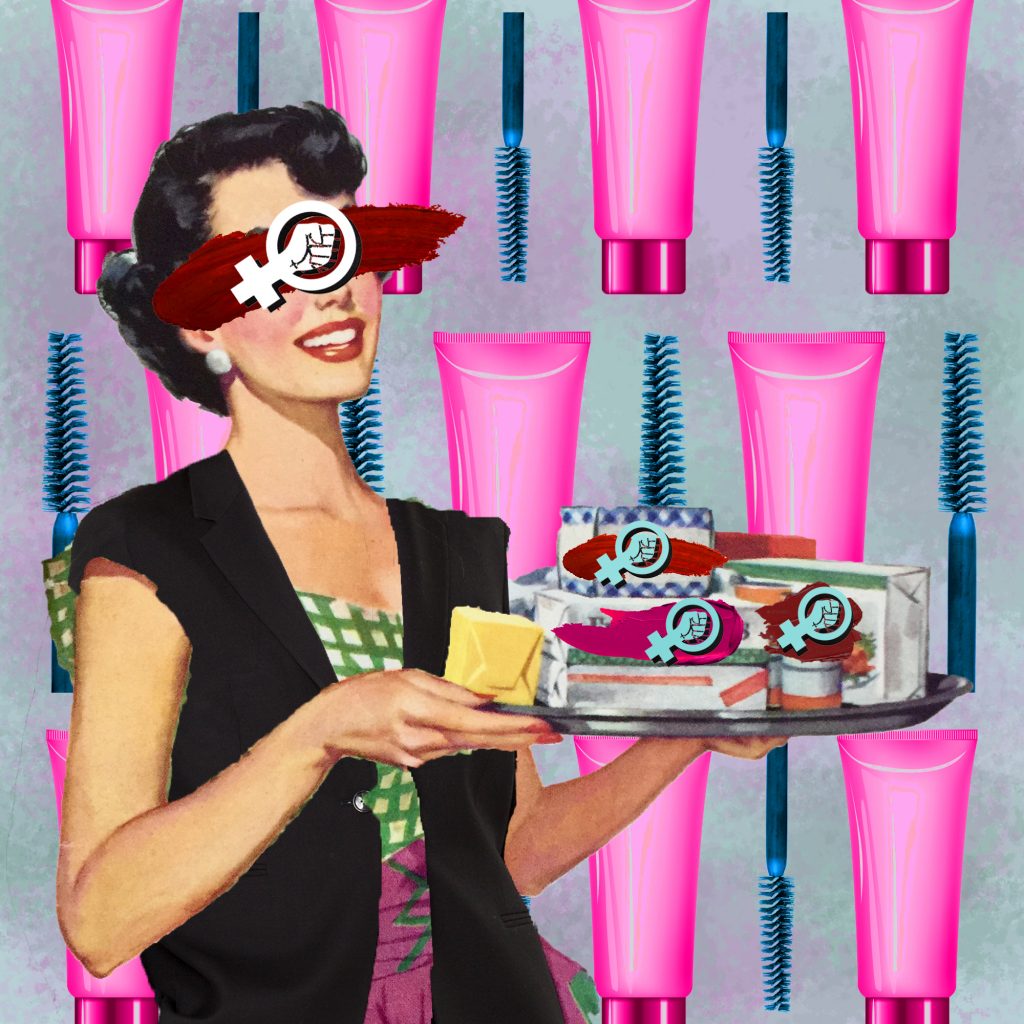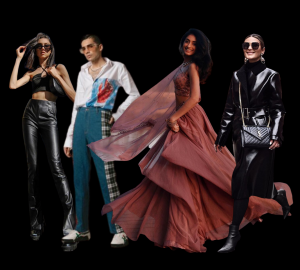Feminism has come a long way from its primal days of demanding votes for women. Political equality, sexual liberation and workplace empowerment — they’re some of the most momentous causes that this ever-evolving force has been fighting for. One need not look into politics to see the proof, just in the advertisements of various industries.

The beauty industry, for example, has largely moved on from the stereotypical “fair sex” archetype and is now preaching empowerment through healthy, natural products that prioritize comfort in one’s own skin. And by most means, this is a big step in women’s favor when their products now promote their wellbeing as well as appearance. Little by little the old model of the visually perfect woman has been chipped away and replaced by the new model female: she’s smart, she’s successful, she’s unashamedly loud and it doesn’t hurt that she’s also gorgeous in a power suit.
Good for her. Honestly, good for her. She can be the champion of women when it comes to politics, the workplace, or other larger social issues. Things get ridiculous, however, when money comes into play. Big industries took almost no time to move into this promising territory, utilizing the good old celebrity-endorsement method by striking deals with self-proclaimed feminists and social media influencers — pop-culture manifestations of this model female. Beautiful, successful and powerful, these influencers are the goal of every little girl and the point of reference for every modern woman. Their words, wise as always, are not to be doubted when they promote products with the guarantee that you, too, would feel as luxurious and confident as they the moment you spend your money on their favorite-of-the-month tea/mask/house plant/hairspray in service of your own wellbeing.
And it’s not just the conviction of celebrity, but the brand of feminism around everything creates this fever for a wholesome “feminist vibe.” Strive for success. Love yourself. But also, use this face mask.
What these influencers don’t seem to realize is that this new female model they have attached themselves to — so defiantly against oppressive social conventions — it is just as impossible to achieve as the old pretty-faced one. People don’t become confident or creative or ambitious overnight, and they certainly aren’t rid of their insecurities after buying feminist table decorations on Kourtney Kardashian’s “Poosh.” But, apparently, pessimism and insecurities are not self-empowerment, and by extension, they are not feminist. This hyper-optimistic vibe fits right into the happy culture of capitalism.

Happiness is good for business. Happiness is good for consumption. When influencers strike deals with businesses they go from human role models to ever-sunny poster faces, and their loyal followers, unaware of the transition, in turn also strive to be ever-sunny. There is a constant pressure on normal people to be optimistic, confident, charming, ambitious. Self-doubt is tolerated but not encouraged. Ordinariness is condoned but not commended. We no longer chide ourselves on being unattractive, but now chide ourselves on being mediocre, small, or unambitious, which, as we’ve been taught, are only shy of being un-feminist. The products that we flock to buy and hoard and cherish do not empower us. They do not make us feminists. They do nothing to improve who we are, because cream, tea and houseplants aren’t vessels of feminism or happiness, just as clothes, makeup and perfumes weren’t, back in the old days. Women are not the ones benefiting from this commercial pseudo-feminism, businesses are.
People come up with creative definitions of what freedom means to women. I think it’s simply just liberation from gender-based social expectations. The individual woman doesn’t have to stay at home, but she can if she wants to. She also doesn’t have to strive for impressiveness, but she can if she wants to. But as long as businesses exploit the feminist movement and push the current “success” archetype as the universal role model, then women can never win. The only ones who win are the businesses.























